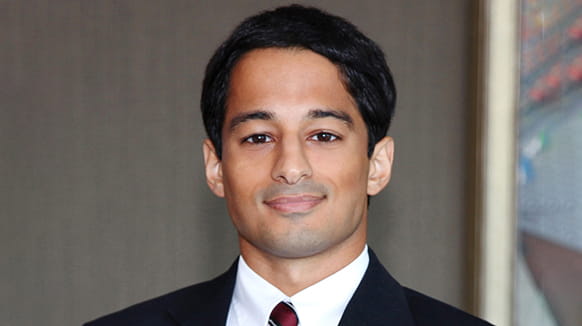Haynes Boone attorneys Bill Morrison, Neil Issar and Davis Shugrue authored an article for Law360 as the U.S. Department of Justice has promised to use the False Claims Act to fight against tariff evasion and customs fraud.
Read an excerpt below.
Against the backdrop of new tariffs being imposed on imports, the U.S. Department of Justice has promised to use the False Claims Act to fight against tariff evasion and customs fraud. An ongoing Ninth Circuit case in the U.S. Court of Appeals for the Ninth Circuit, U.S. ex rel. Island Industries Inc. v. Sigma Corp., will examine both the FCA's applicability to such violations and the appropriate court in which such cases must be brought by relators.
In 2004, in U.S. v. Universal Fruits & Vegetables Corp., the Ninth Circuit held that the U.S. Court of International Trade has exclusive jurisdiction over FCA cases brought by the federal government for recovery of customs duties or for customs fraud. But the FCA also allows private parties, called relators, to bring FCA actions on behalf of the government. These are called qui tam actions.
Now, in Sigma Corp., the Ninth Circuit is considering whether the trade court also has exclusive jurisdiction over qui tam actions, and whether the FCA applies to customs duties at all or whether a provision under the Tariff Act of 1930 provides the exclusive remedy.
A decision requiring relators to bring qui tam actions in the trade court instead of in any federal district court would shift the enforcement landscape just as new tariffs take center stage in trade policy.
Background
The trade court is a trial-level federal court with exclusive nationwide jurisdiction over certain questions related to international trade. In particular, Title 28 of the U.S. Code, Section 1582, gives the trade court "exclusive jurisdiction of any civil action which arises out of an import transaction and which is commenced by the United States ... to recover customs duties."
The trade court also has exclusive jurisdiction over actions brought under Title 19 of the U.S. Code, Section 1592, a provision of the Tariff Act of 1930 that imposes civil penalties for making a false statement or an omission that deprives the government of customs duties.
To read the full article on Law360, click here.


